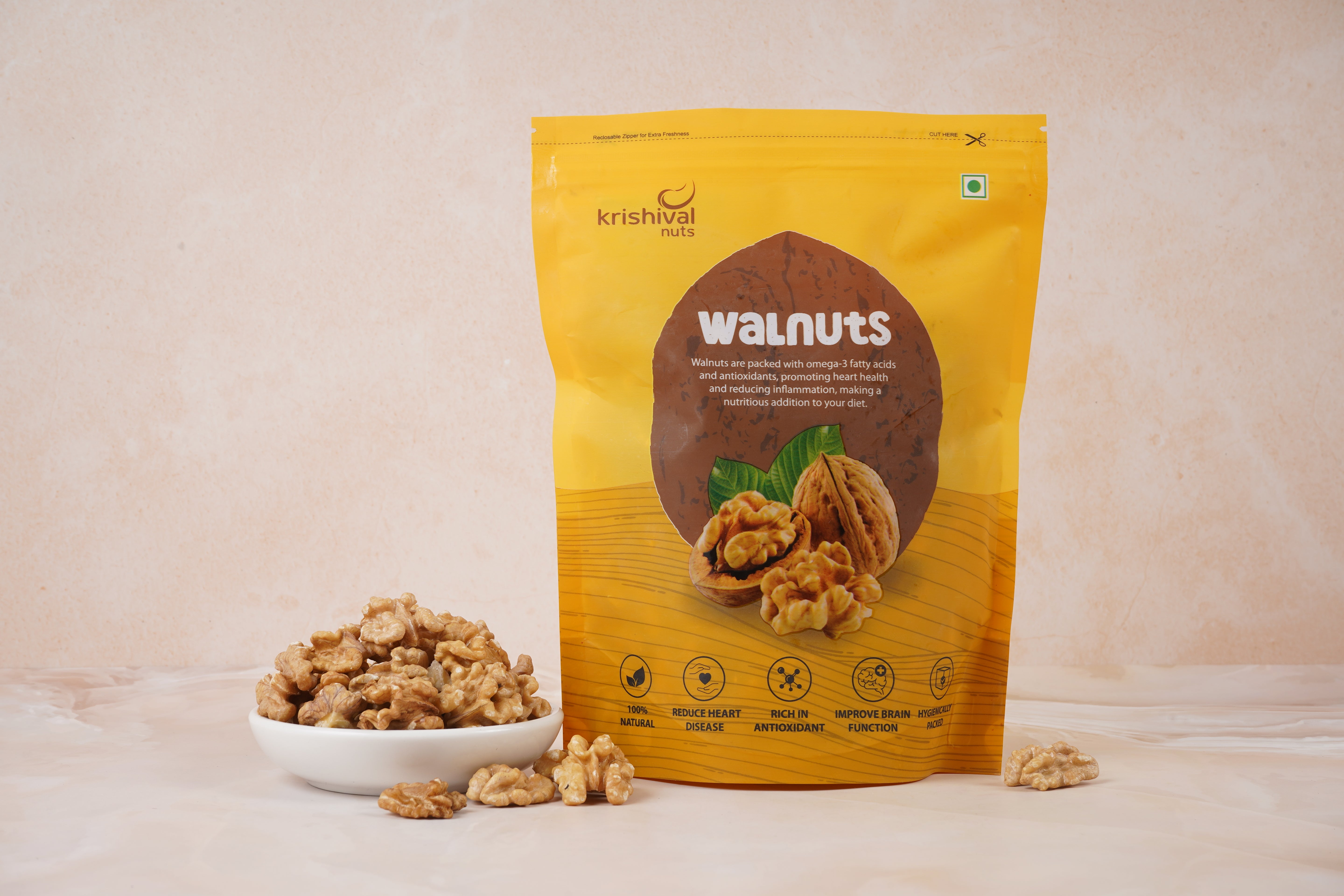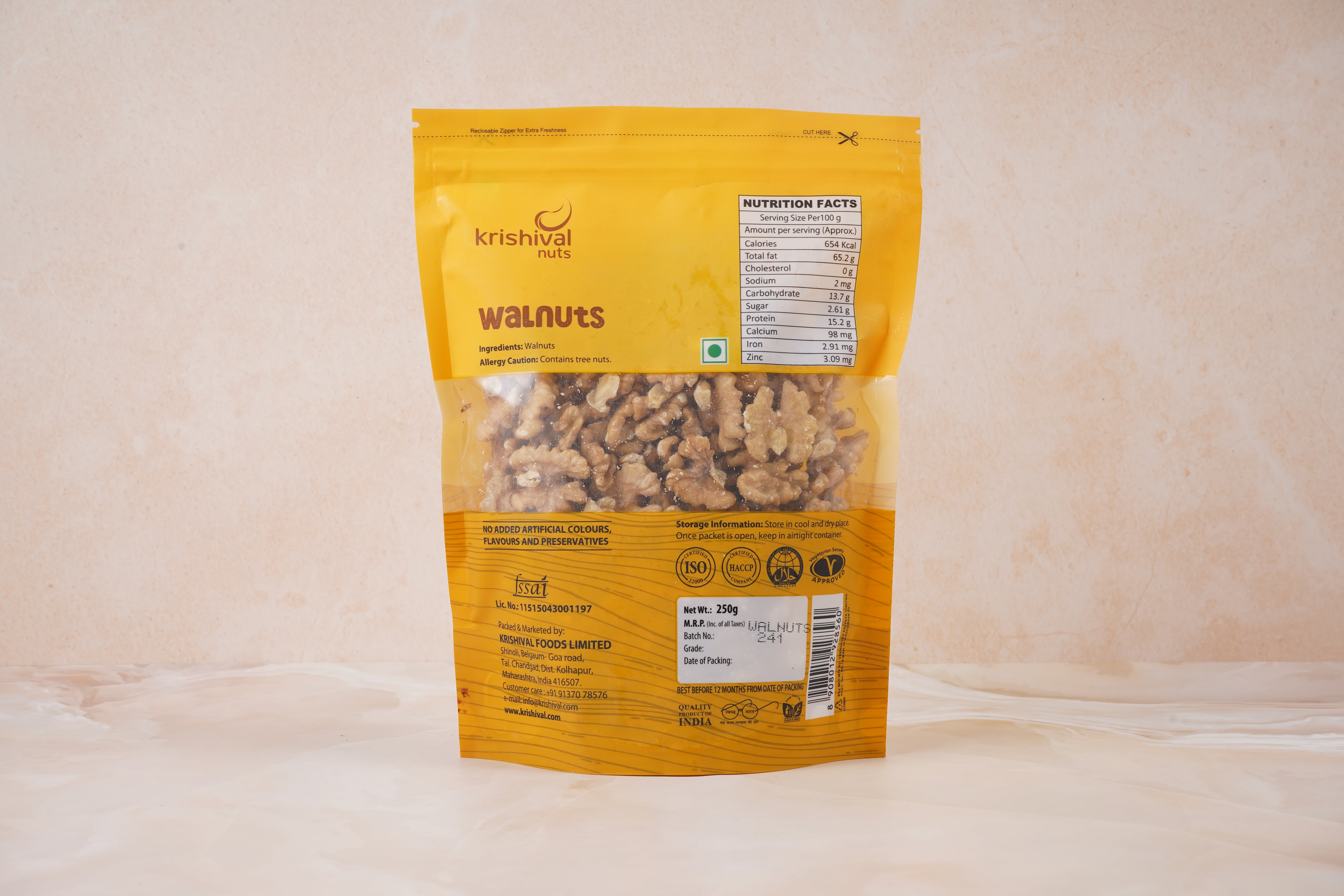Macadamia nuts and watermelon seeds are two nutrient-dense foods that are often overlooked when it comes to their omega-3 content. While macadamia nuts are known for their rich, buttery textureand heart-healthy fats, watermelon seeds are a powerhouse of protein, minerals, and healthy fats. Both of these foods provide a plant-based source of omega-3 fatty acids, specifically alpha-linolenic acid (ALA), which is essential for maintaining overall health. These two ingredients offer a variety of health benefits, including improved heart health, brain function, and skin health. With their versatility and rich nutritional profiles, macadamia nuts and watermelon seeds can easily be incorporated into your diet for a natural boost of omega-3s.
Table of Contents
- Introduction
- Understanding Omega-3 Fatty Acids
- Nutritional Profile of Macadamia Nuts
- Nutritional Profile of Watermelon Seeds
- Comparing Omega-3 Content: Macadamia Nuts vs. Watermelon Seeds
- Health Benefits of Consuming Macadamia Nuts and Watermelon Seeds
- How to Incorporate Macadamia Nuts and Watermelon Seeds Into Your Diet
- Precautions and Considerations
- Conclusion
- Frequently Asked Questions (FAQs)
Understanding Omega-3 Fatty Acids
Omega-3 fatty acids are essential fats that play a crucial role in maintaining good health. There are three primary types of omega-3s: ALA (alpha-linolenic acid), EPA (eicosapentaenoic acid), and DHA (docosahexaenoic acid). ALA is the form of omega-3 most commonly found in plant-based foods like macadamia nuts and watermelon seeds, while EPA and DHA are typically found in fatty fish. The body can convert ALA into EPA and DHA, although the process is not very efficient. Omega-3s are vital for reducing inflammation, supporting brain health, improving heart function, and promoting overall well-being. Consuming foods rich in omega-3s, such as macadamia nuts and watermelon seeds, can help provide the body with these essential fatty acids.
Nutritional Profile of Macadamia Nuts
Macadamia nuts are an excellent source of healthy fats, particularly monounsaturated fats, which are known to support heart health. They contain omega-3 ALA, though in smaller amounts compared to other sources like flaxseeds. Besides omega-3s, macadamia nuts are rich in fiber, protein, and essential minerals like magnesium, potassium, and copper. They also contain antioxidants, including vitamin E, which help protect cells from oxidative damage. These nuts are calorie-dense, making them a great energy source but should be consumed in moderation.
Nutritional Profile of Watermelon Seeds
Watermelon seeds are a powerhouse of nutrition, containing a good amount of omega-3 ALA, protein, and fiber. In addition to omega-3s, they provide essential vitamins and minerals, including magnesium, zinc, and iron. These seeds also contain antioxidants and compounds like cucurbitacin, which have anti-inflammatory properties. Watermelon seeds are lower in calories compared to other seeds and nuts, making them a great snack option for those looking to maintain a healthy weight while still reaping nutritional benefits.
Comparing Omega-3 Content: Macadamia Nuts vs. Watermelon Seeds
When comparing the omega-3 content of macadamia nuts and watermelon seeds, watermelon seeds generally contain a higher amount of omega-3 ALA per serving. While macadamia nuts provide a modest amount of omega-3s, they are more recognized for their monounsaturated fats and overall heart health benefits. Watermelon seeds, on the other hand, offer a more concentrated source of omega-3, making them a valuable option for plant-based omega-3 intake. Both are excellent choices depending on your dietary needs.
Health Benefits of Consuming Macadamia Nuts and Watermelon Seeds
Heart Health: Both macadamia nuts and watermelon seeds support heart health.Macadamia nuts help lower LDL (bad) cholesterol levels due to their high monounsaturated fat content. Watermelon seeds, rich in omega-3s, provide anti-inflammatory benefits that reduce the risk of cardiovascular diseases.
Skin and Hair Benefits: The omega-3 fatty acids in both macadamia nuts and watermelon seeds help keep skin moisturized and prevent signs of aging. They also support healthy hair growth by nourishing the scalp and improving hair texture.
Immune System Support: Watermelon seeds are particularly beneficial for the immune system, thanks to their zinc content, which helps improve immune function. Macadamia nuts, with their antioxidant properties, also provide immune support by reducing oxidative stress in the body.
How to Incorporate Macadamia Nuts and Watermelon Seeds Into Your Diet
Macadamia nuts and watermelon seeds can be easily added to your daily meals. Try adding macadamia nuts to smoothies, oatmeal, or salads for a creamy texture and nutty flavor. You can also enjoy them as a snack on their own. Watermelon seeds can be eaten raw, roasted, or sprouted. Add them to granola, baked goods, or salads for a crunchy boost. Both nuts and seeds are versatile and can be incorporated into a variety of dishes to enhance flavor and nutrition.
Precautions and Considerations
While macadamia nuts and watermelon seeds are generally safe to consume, it’s important to eat them in moderation due to their calorie-dense nature. Overeating them may lead to excessive calorie intake, which could contribute to weight gain. People with nut or seed allergies should avoid consuming these foods. Additionally,macadamia nuts are high in fat, so individuals who are managing their fat intake should monitor their portion sizes.
Conclusion
Macadamia nuts and watermelon seeds are not only tasty but are also rich in omega-3 fatty acids, which provide various health benefits such as improved heart health, brain function, and immune support. Incorporating these foods into your diet can be a great way to ensure you're getting essential nutrients. Krishival offers premium-quality macadamia nuts and watermelon seeds, ensuring you enjoy the best in taste and nutrition.
Frequently Asked Questions (FAQs)
-
How much omega-3 do macadamia nuts and watermelon seeds contain?
Macadamia nuts contain about 0.2g of omega-3 ALA per ounce, while watermelon seeds provide around 0.4g per ounce.
-
Are these sources of omega-3 suitable for vegans and vegetarians?
Yes, both macadamia nuts and watermelon seeds are plant-based sources of omega-3 ALA, making them ideal for vegans and vegetarians.
-
Can eating these foods help lower cholesterol?
Yes, macadamia nuts help lower LDL (bad) cholesterol levels due to their high monounsaturated fat content. Watermelon seeds provide anti-inflammatory benefits, which also contribute to heart health.
-
What is the best way to eat watermelon seeds for maximum nutrition?
Watermelon seeds can be consumed raw, roasted, or sprouted. Roasting enhances their flavor while retaining most of their nutrients.
-
Are roasted or raw macadamia nuts better for health?
Raw macadamia nuts retain more of their natural nutrients, but roasted macadamia nuts can still offer health benefits. Opt for roasting without excessive oil or salt for the healthiest option.
-
Can children and pregnant women consume these foods safely?
Yes, both macadamia nuts and watermelon seeds are safe for children and pregnant women in moderate amounts. However, it's always advisable to consult with a healthcare professional if you have any concerns.
-
How do macadamia nuts and watermelon seeds compare to fish for omega-3?
Fish, especially fatty fish, are rich in omega-3 EPA and DHA, while macadamia nuts and watermelon seeds offer plant-based omega-3 ALA. ALA is converted into EPA and DHA by the body, but the conversion is not as efficient as directly consuming fish.
-
Are there any side effects of eating too many macadamia nuts or watermelon seeds?
Excessive consumption of macadamia nuts or watermelon seeds can lead to excess calorie intake, potentially contributing to weight gain. It's important to eat them in moderation.
-
How should these nuts and seeds be stored to retain their nutrients?
Store macadamia nuts and watermelon seeds in an airtight container in a cool, dry place. For longer shelf life, refrigerate them to maintain their freshness and prevent rancidity.
-
Can these foods be included in a weight loss diet?
Yes, in moderation, both macadamia nuts and watermelon seeds can be included in a weight loss diet. Their fiber content helps you feel fuller for longer, and they provide essential nutrients without being overly caloric if consumed in appropriate amounts.









